Exact Answer: 6 Minutes
A boiled egg is the perfect way to start the day. Eggs contain protein and all necessary vitamins and minerals, making it a complete meal. They also exhibit various biological activities, including anti-inflammatory activity, antioxidant activity, and cardiovascular protection.
People can gain all the benefits of an egg only by cooking it, and the easiest way to do so is by boiling it. Although boiling eggs seem simple in theory, most people tend to over or under boil the egg, therefore not getting the desired result. The solution to this problem is to use an egg timer and boil the eggs for the exact amount of time.
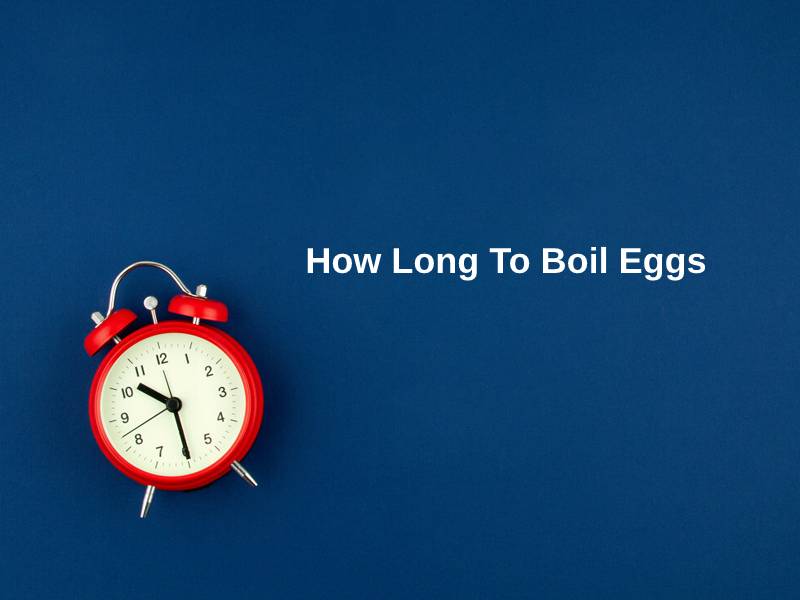
How Long Does It Take To Boil Eggs?
| Type Of Boiled Egg | Time Taken |
| Soft Boiled Egg | 6-7 minutes |
| Medium Boiled egg | 8-10 minutes |
| Hard-Boiled Egg | 12-13 minutes |
There are three types of boiled eggs, classified based on the consistency of the yolk.
The first is a soft-boiled or ramen egg, which has a runny yolk. For this type of yolk, cook the egg for 6-7 minutes in simmering water. It is important to note that egg whites cook by the 6-minute mark. The second type is a medium-boiled egg. These eggs have a jammy and soft yolk that is not liquid. Boiling the eggs for 8-10 minutes gives a medium-boiled egg.
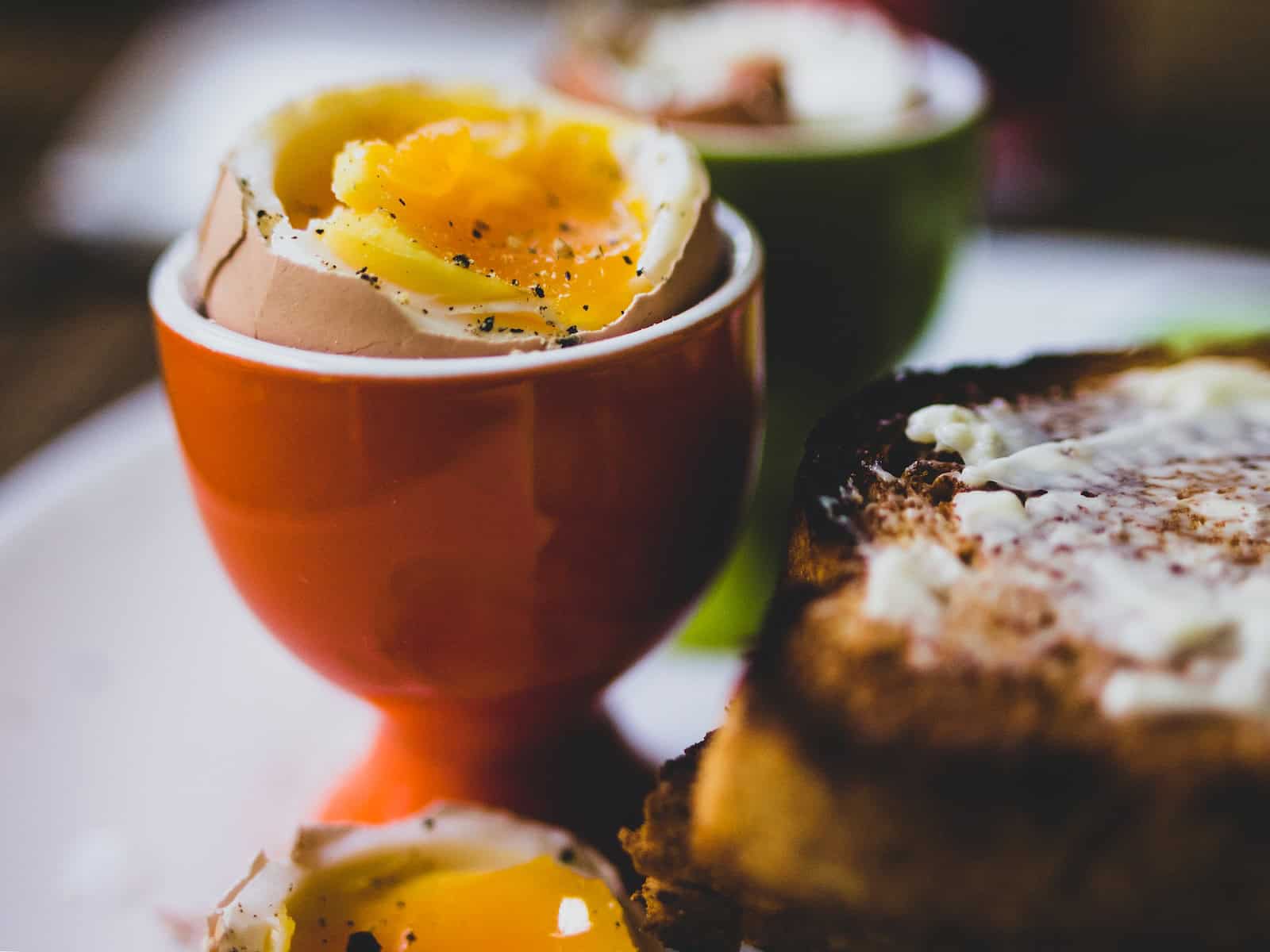
The third type is a hard-boiled egg which takes 12-13 minutes. In this type of egg, the egg yolk is thoroughly cooked and hard. Boiling eggs for longer than 13 mins gives it a grey ring around the yolk and makes the white rubbery. One can now decide the time required to boil eggs depending on the yolk preference. Remember to place the eggs first and completely submerge the eggs in cold water to ensure even heating.
Why Does It Take So Long To Boil Eggs?
Eggs contain a network of protein, fats, and water that change when heated. The egg white is predominantly protein, while the yolk also contains fat molecules.
Proteins in raw egg white are in a compact shape, held together by weak molecular bonds. On boiling an egg, the weak forces within the protein break, causing the proteins to unfold and form bonds with other nearby protein molecules, creating a network. The proteins also interact with water molecules, which become trapped in the protein network. Thus the egg whites go from a liquid to a solid, rubbery state. As this process happens almost immediately, the egg whites cook within 6 minutes.

On the other hand, the egg yolks require more heat to cook as they contain fat molecules. Hence, an egg yolk takes longer, around 12-13 minutes to cook thoroughly. Overboiled eggs have a rubbery egg white and a grey ring around the yolk, as mentioned earlier. An egg overcooks in one of two ways. One, if eggs boil for longer than 13 min. And two if they cook water at boiling temperature. It is essential to keep the peels and egg separately.
Overcooked eggs become rubbery due to contiguous protein coagulation. Sulfur present in egg white reacts with the iron in the yolk to form a grey coating around the yolk. To stop this, douse the egg in cold water once cooked.
Conclusion
A boiled egg is one food that people need to add to their diet. It is healthy, easy to make, and very versatile. Thus, making it a perfect fit for a busy schedule. Boiled eggs can be eaten in noodles, spread on toast, or in an egg salad. These dishes are easy to whip up and hence make a good breakfast dish.
It can also be a healthy alternative to a snack, especially for children. However, do not give kids soft boiled eggs (eggs cooked for 6-7 min) as they may contain Salmonella. All in all, cook eggs for the time given above to get perfectly boiled eggs each time. Numerous dishes can be prepared with boiled eggs, based on individual preferences.

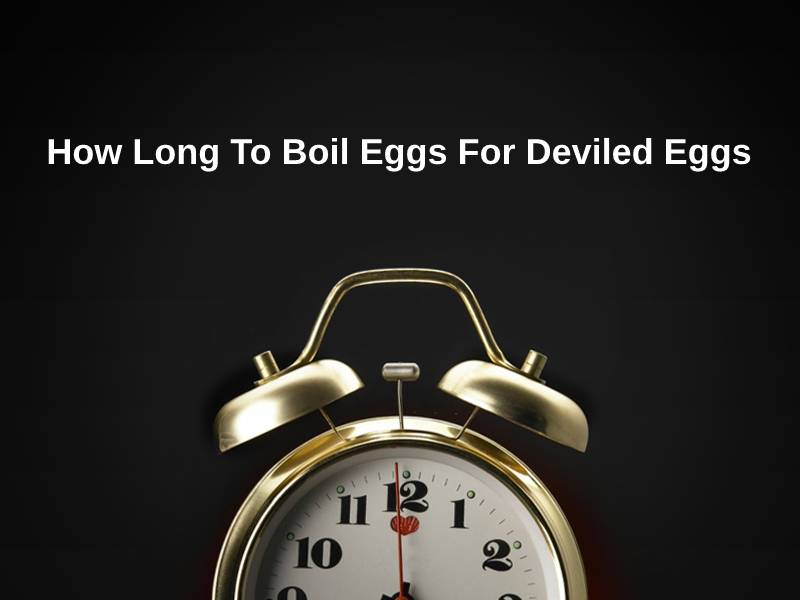
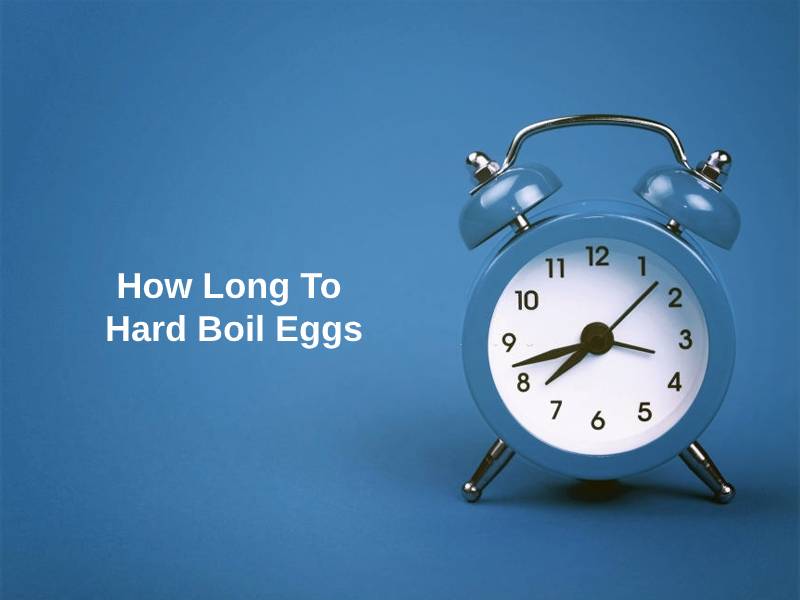
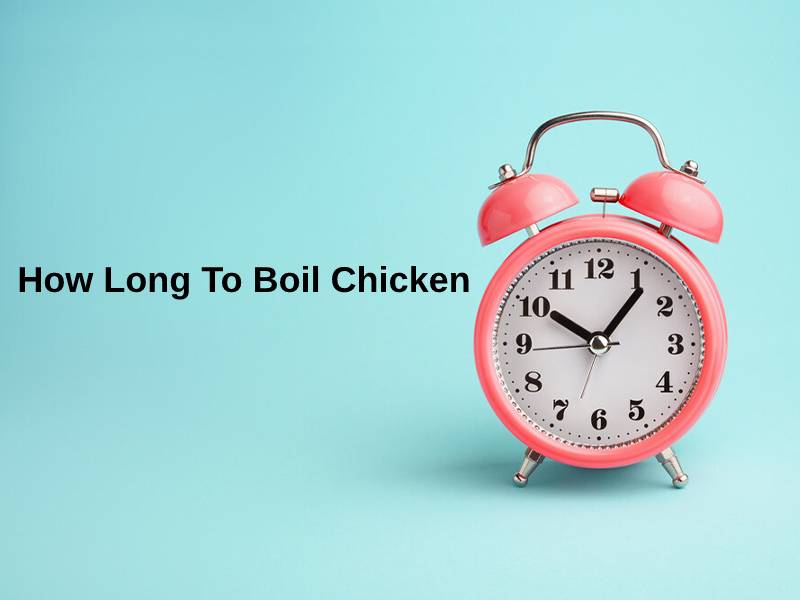
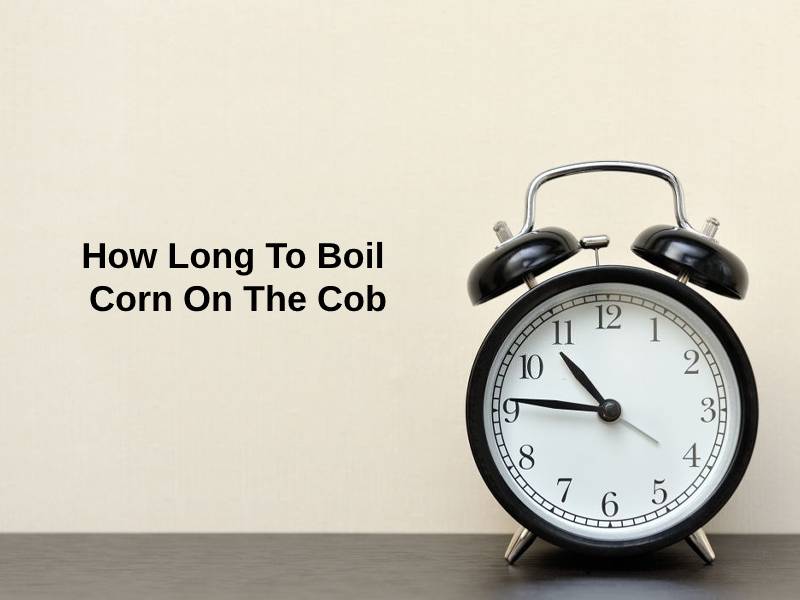
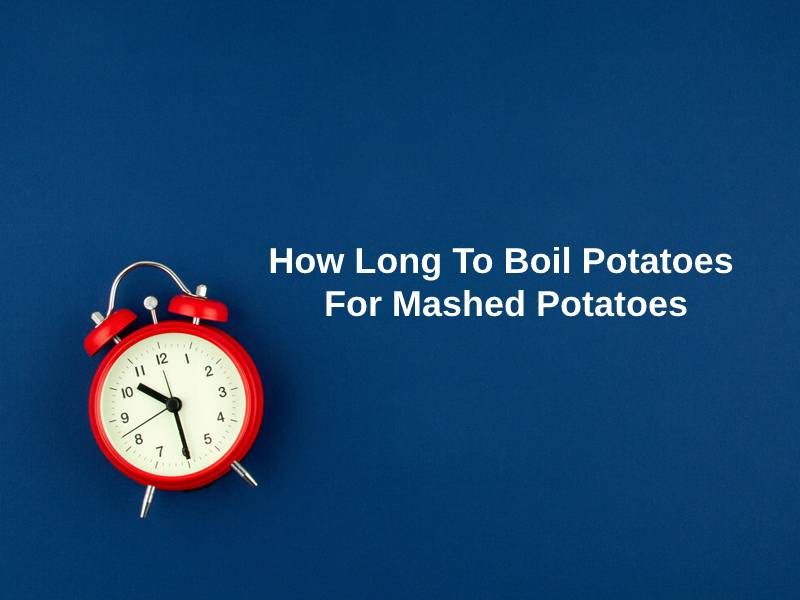
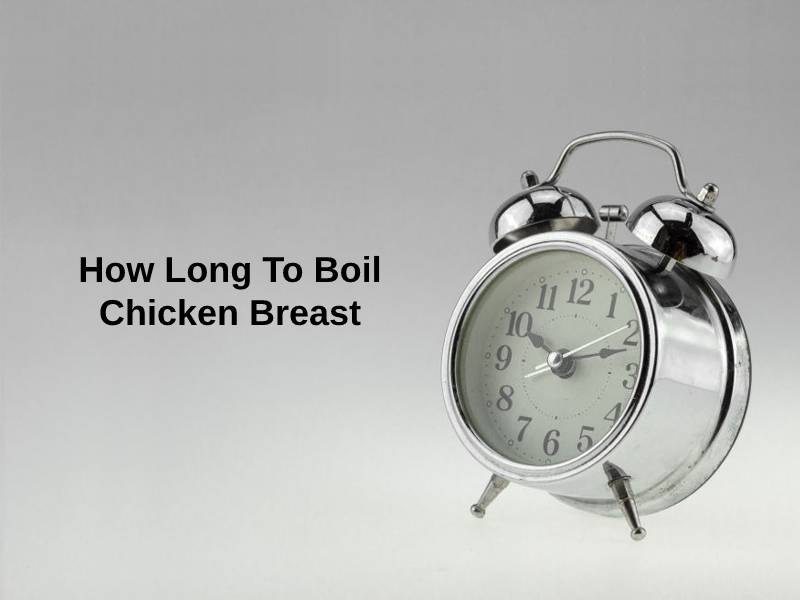
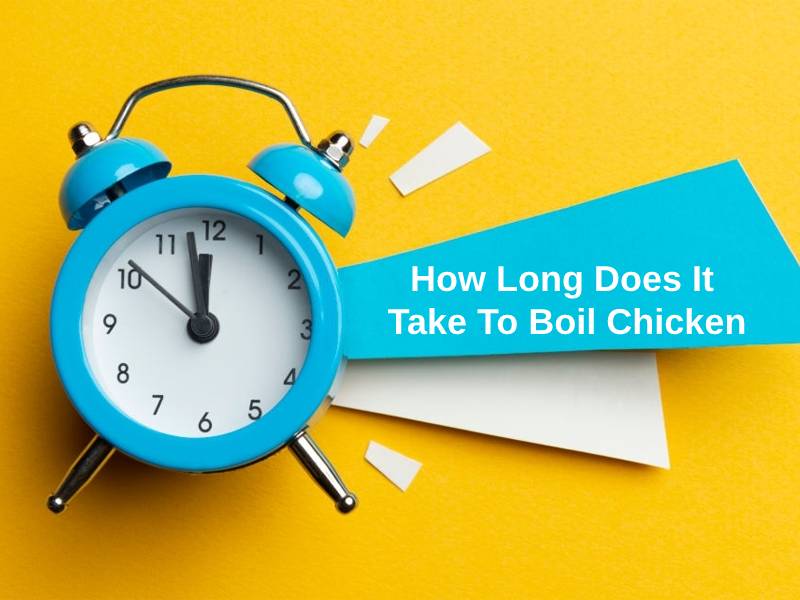
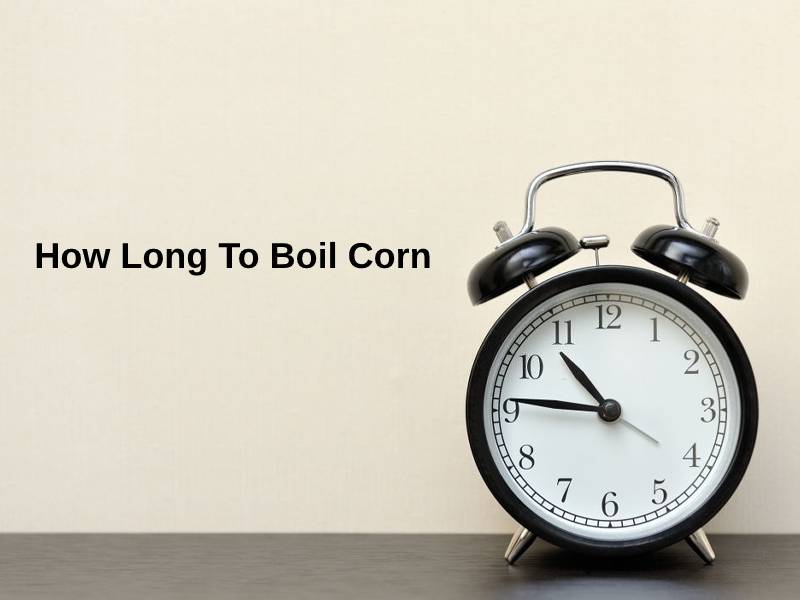
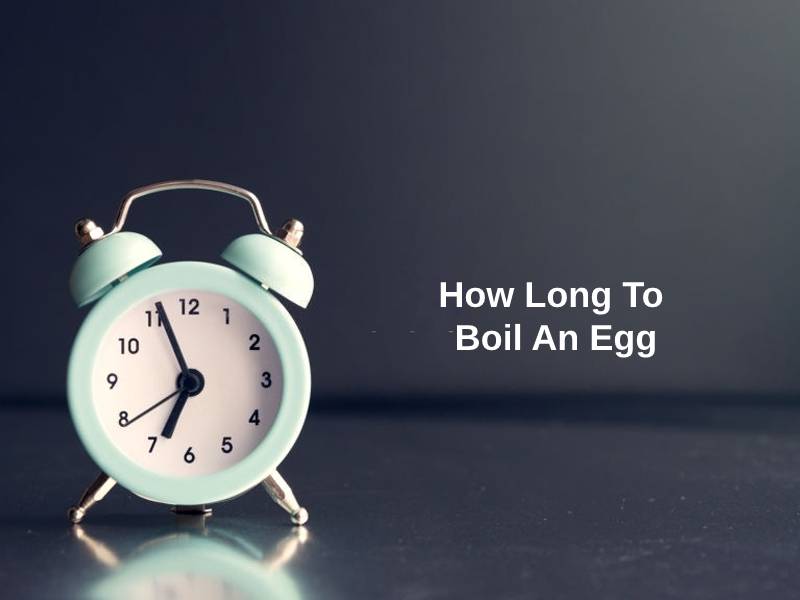
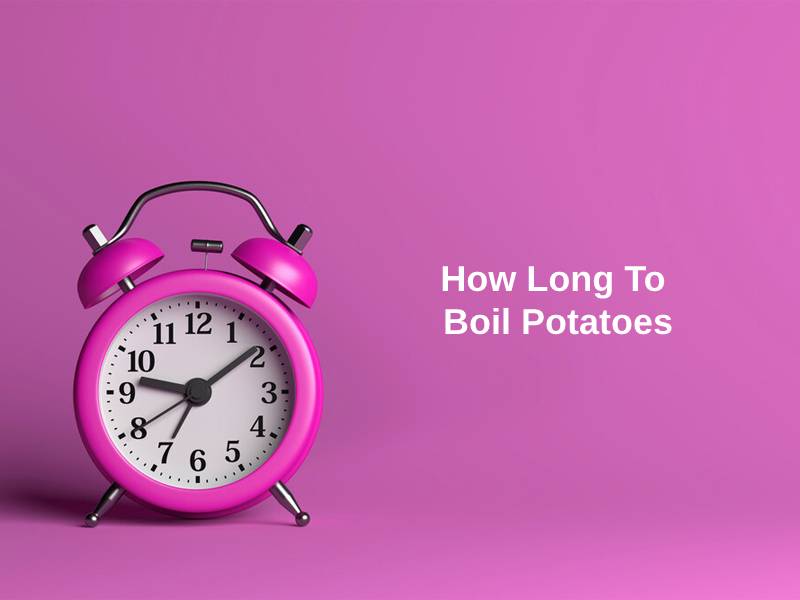
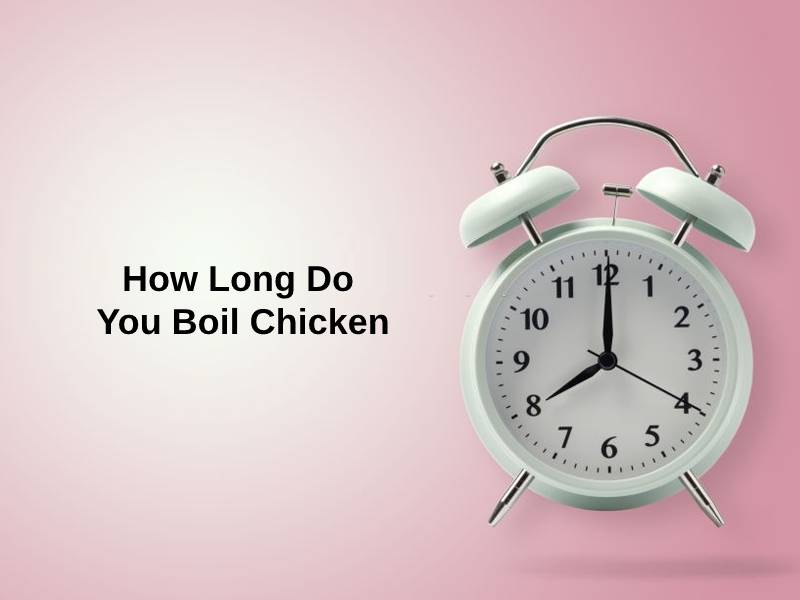
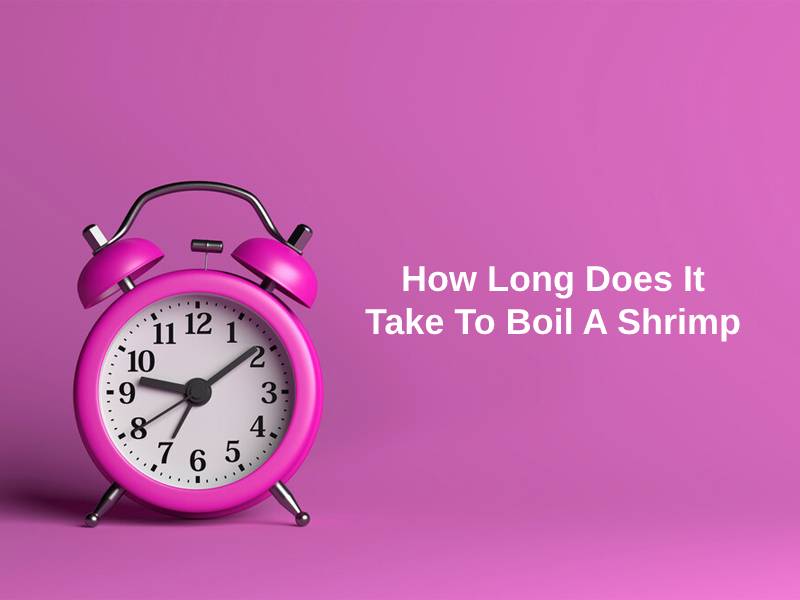
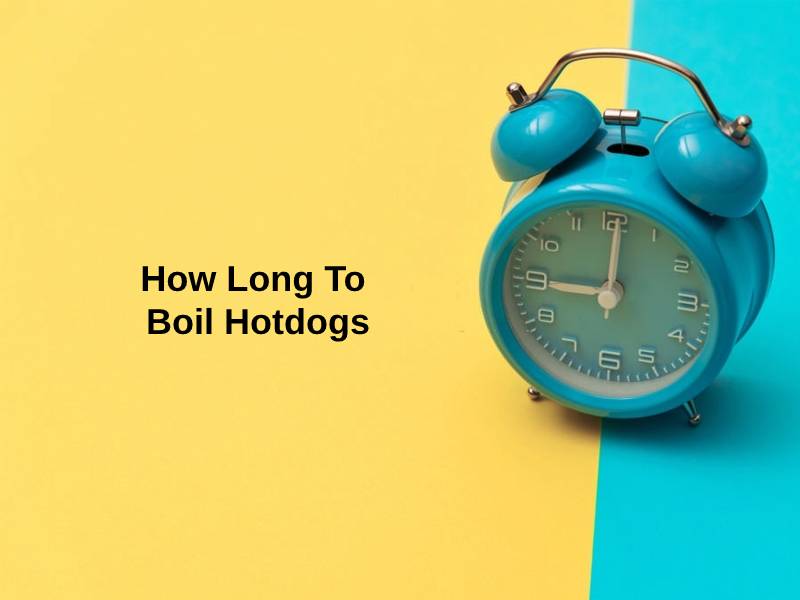
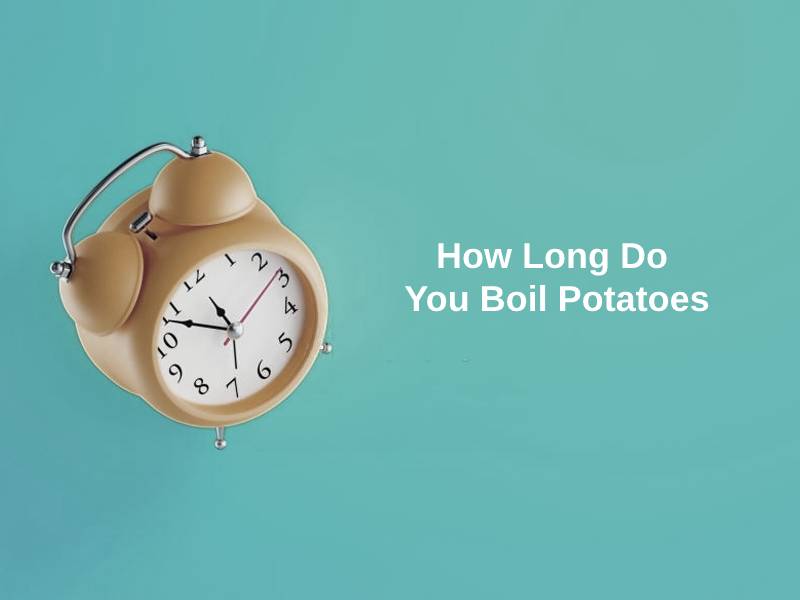
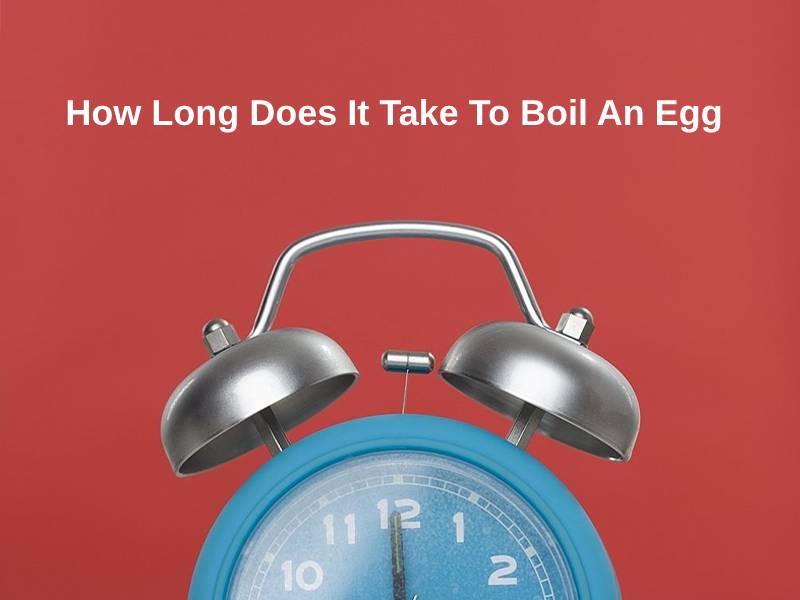
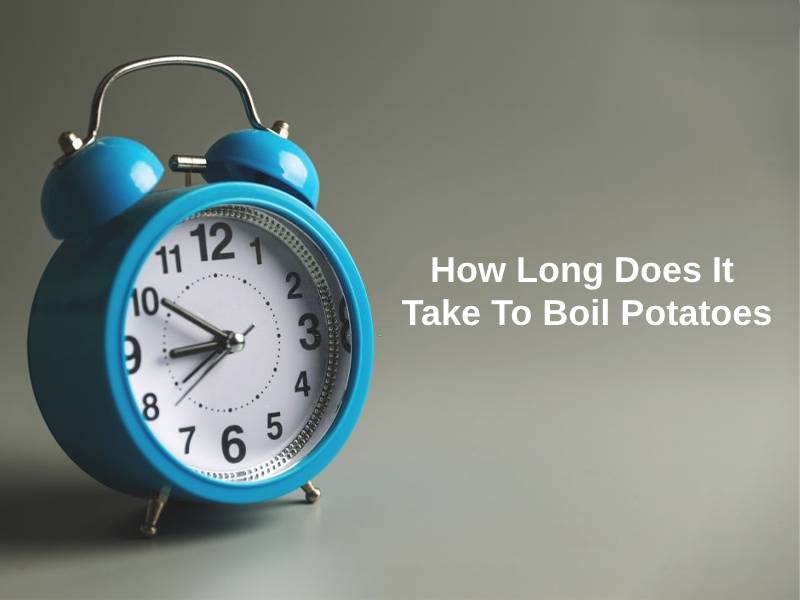
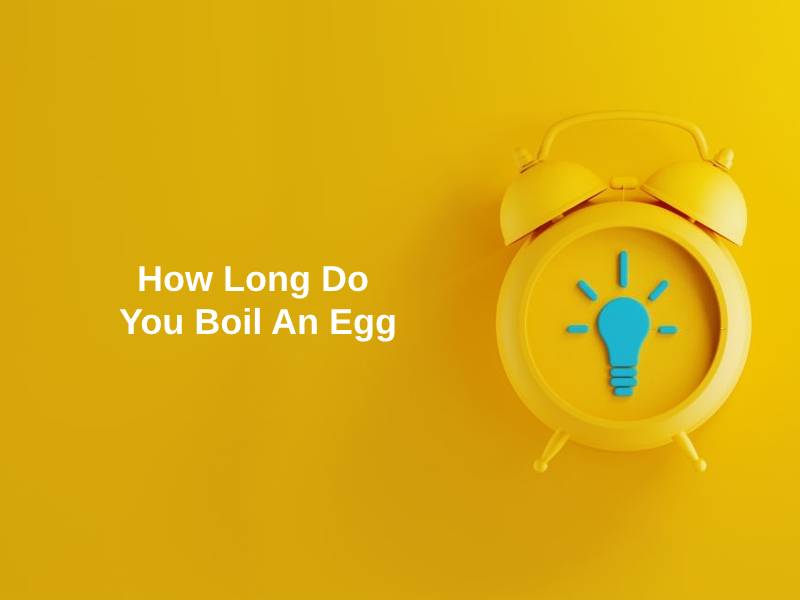
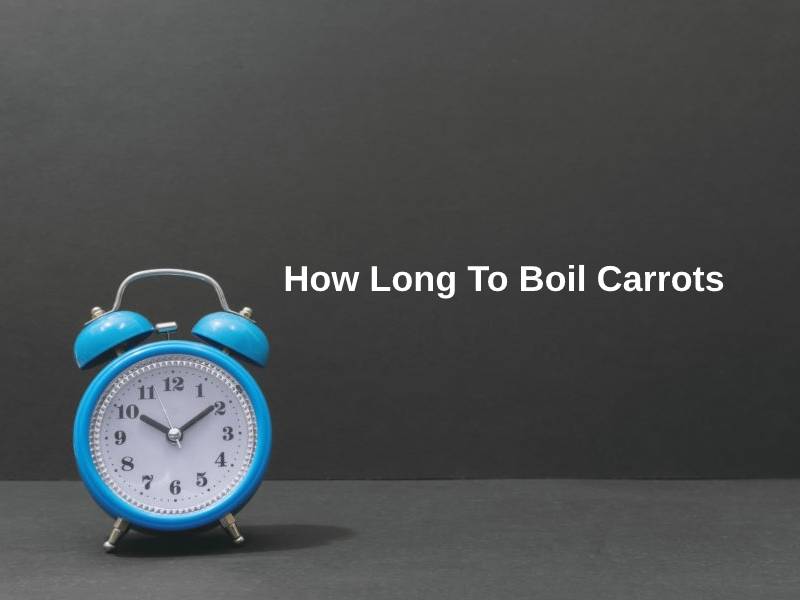
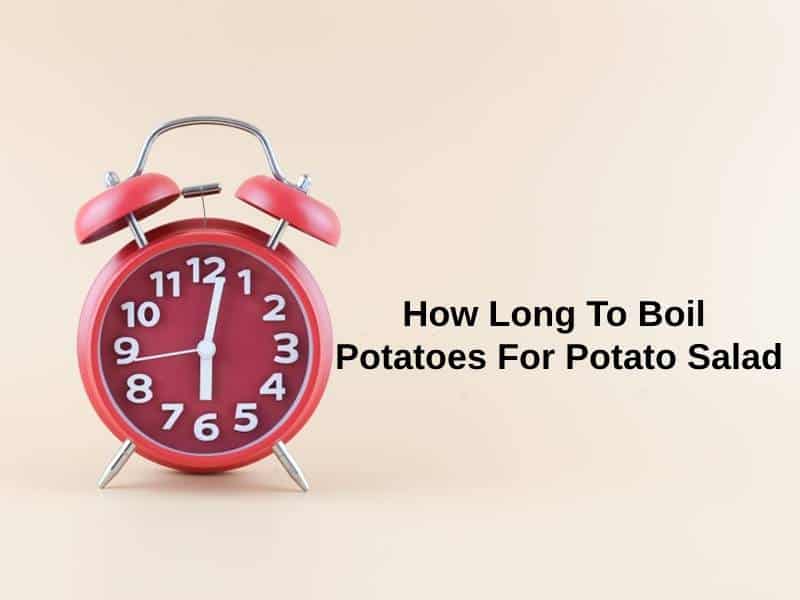
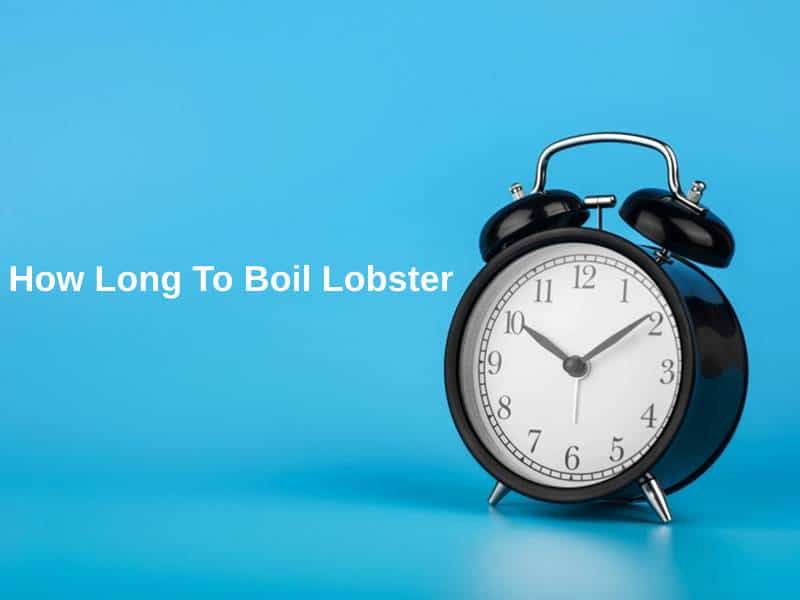
Who would have thought that boiling an egg required so much precision? It’s incredible.
I’m surprised by how much there is to know about boiling eggs. It’s a whole science!
Yes, and now I understand why I was never able to achieve the perfect boiled egg before.
Interesting. I never knew that you could make different styles of boiled eggs by cooking them for different lengths of time.
Yes, the texture and consistency can change so much just by boiling for a few minutes more or less.
I always wondered why my boiled eggs never turned out perfect. This article answered all my questions about boiling eggs.
It’s great to finally understand the science behind boiling eggs. I’m excited to put this knowledge to good use.
This article really helped me realize where I went wrong when boiling eggs. I’m eager to try it out again.
I appreciate the information on the science behind boiling eggs. It makes sense that proteins need time to unfold and refold to cook properly.
Yes, learning about the chemistry of food preparation is always fascinating.
This article provided a lot of useful information on boiling eggs. I had no idea why egg yolks take longer to cook than egg whites until now.
I appreciate how this article explained the chemistry of cooking eggs in such a clear way.
Yes, it’s quite interesting how the science behind cooking works.
I didn’t realize that the time it takes to boil an egg has such a scientific explanation. It’s amazing.
I agree, it’s very interesting how the yolk and the white cook at different rates.
This is quite informative. It’s amazing to learn how a simple boiled egg can be so complicated and can have so many uses! Thank you for this.
Absolutely, I never knew boiled eggs required so much attention! This is fascinating.
Yes, it is amazing that something so simple is so complex.
This was a great read! I love how in-depth the explanation of boiling eggs is. It’s not only helpful but fascinating.
I’m amazed at how much can be learned from something as simple as making boiled eggs!
Yes, I never knew the science behind boiling eggs was so intricate.
All this time, I thought boiling eggs was straightforward. This article changed my perspective entirely. I’m impressed.
Yes, it’s surprising and exciting to learn something new about such a common cooking practice.
This post is quite helpful. I’ll be trying out the different times to see which style of boiled egg I like best.
I’m glad I learned something new today. I’m excited to experiment with hard-boiled eggs and see the difference in results.
Thank you for such a detailed explanation of how to boil eggs! This is a game changer for me.